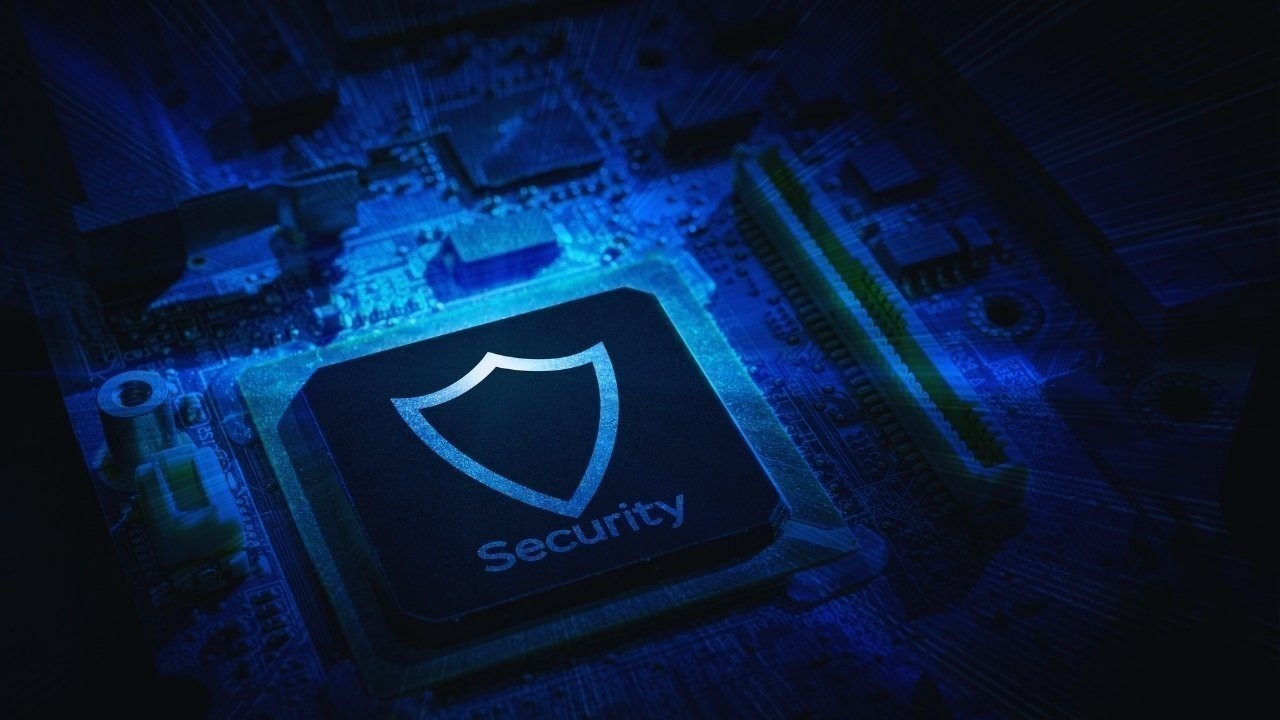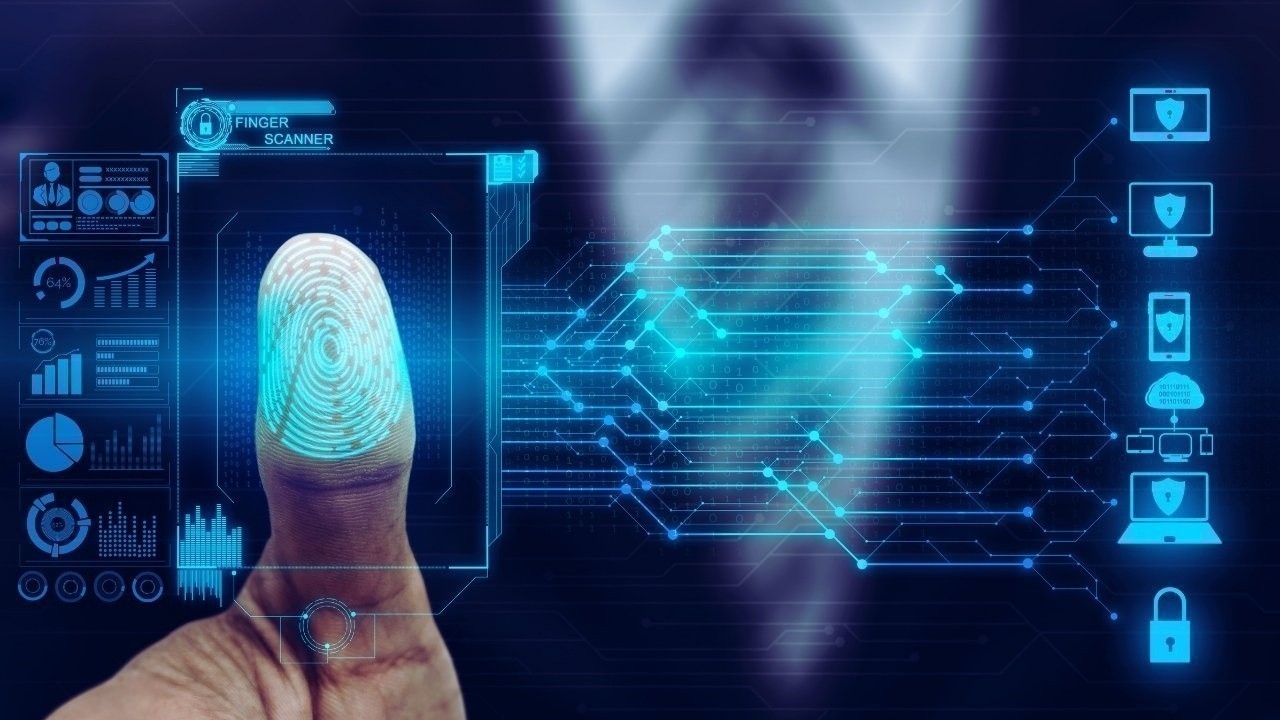
Post by : Anis Karim
Cybersecurity is often associated with large corporations, but small businesses are increasingly vulnerable. Many hackers see them as easy targets because they often lack robust security infrastructure. According to industry studies, 43% of cyberattacks in 2025 affect businesses with fewer than 100 employees.
Attackers may aim for financial theft, data ransom, identity theft, or gaining access to bigger networks via smaller suppliers. Small business owners must recognize that being smaller does not mean being safe; in fact, attackers assume small operations are less prepared and more likely to pay quickly.
Phishing is the most common threat. Hackers send emails, messages, or even phone calls pretending to be trusted sources. The goal is to trick employees into revealing passwords or clicking on malicious links. Small businesses often fall victim due to lack of employee training.
Ransomware is malware that encrypts company files, locking businesses out until a ransom is paid. Small businesses are particularly susceptible because they may not have strong backup systems.
Simple passwords, reused accounts, or poor password management increase risk. Attackers can guess or steal credentials to access sensitive information.
Hackers exploit outdated systems or unpatched software. Small businesses often delay updates to save time or costs, but this leaves critical gaps.
Working with vendors or contractors with weak cybersecurity can introduce risks. Hackers can infiltrate a small business by first breaching an unsecured partner system.
Passwords are the first line of defense. For small businesses:
Require strong, unique passwords for every account.
Implement multi-factor authentication (MFA) wherever possible.
Encourage password managers to store and generate complex credentials.
Rotate passwords periodically and immediately revoke access for former employees.
Strong passwords reduce the risk of unauthorized access and make hacking more difficult.
Human error is a leading cause of breaches. Staff should be trained regularly on:
Recognizing phishing attempts via email, text, or phone.
Safe use of personal and company devices.
Reporting suspicious activity immediately.
Understanding the consequences of sharing sensitive information inadvertently.
Regular drills and simulated attacks can reinforce learning and increase vigilance.
Hackers exploit outdated software vulnerabilities. Small businesses should:
Set automatic updates for operating systems, antivirus programs, and software applications.
Monitor for patches and critical updates from vendors.
Decommission obsolete hardware or software that cannot be updated.
Staying current ensures attackers cannot exploit known weaknesses.
Network security is critical. Steps include:
Installing firewalls to filter incoming and outgoing traffic.
Segmenting networks to separate sensitive data from general access.
Using encrypted Wi-Fi networks and VPNs for remote work.
Monitoring for unusual activity or unauthorized access attempts.
A secure network reduces the chance of external attacks and internal breaches.
Data protection measures include:
Identifying critical data, such as customer records, financial details, and proprietary information.
Encrypting sensitive files and databases both in storage and transit.
Limiting access to only employees who need the data to perform their job.
Implementing regular data backups, stored securely offline or in the cloud.
Proper data management ensures that even if a breach occurs, damage is minimized.
A formal policy establishes expectations and procedures for staff and operations:
Define acceptable use of devices, software, and email.
Establish reporting mechanisms for potential breaches or suspicious activity.
Outline incident response procedures for various cyber threats.
Regularly review and update the policy to reflect evolving risks.
A clear policy ensures consistency, accountability, and readiness across the organization.
Backups are essential to mitigate ransomware and data loss:
Perform regular automated backups of all critical data.
Test recovery procedures to ensure data can be restored quickly.
Store backups in multiple locations, including offsite or cloud-based solutions.
Establish a business continuity plan for critical operations in the event of a breach.
A solid backup strategy reduces downtime and financial loss during cyber incidents.
Small businesses can leverage tools to enhance protection:
Antivirus and anti-malware software to detect and remove threats.
Intrusion detection and monitoring systems to flag suspicious activity.
Security information and event management (SIEM) solutions for larger data sets.
Managed security services for businesses lacking in-house expertise.
Technology investment complements human vigilance and strengthens the defense infrastructure.
Remote work and mobile devices introduce new risks:
Enforce device encryption and strong passwords.
Enable remote wipe capabilities in case a device is lost or stolen.
Restrict app downloads and avoid public Wi-Fi without VPN.
Keep operating systems and apps updated for security patches.
Mobile security ensures that even portable data remains protected.
Continuous monitoring helps catch threats before they escalate:
Conduct routine audits of accounts, access permissions, and logs.
Review security incident reports and adjust policies accordingly.
Perform penetration testing to identify weaknesses proactively.
Stay informed about emerging threats and regulatory requirements.
Proactive monitoring turns reactive security into a preventive strategy.
Third-party relationships can introduce vulnerabilities. Small businesses should:
Vet vendors’ cybersecurity practices before engagement.
Include security expectations in contracts.
Require third parties to follow industry standards for data protection.
Limit data sharing to only what is necessary for business operations.
Trusting vetted partners reduces the likelihood of external breaches via suppliers.
Cybersecurity regulations are becoming stricter, and small businesses must comply:
Understand local and international data protection laws.
Maintain documentation for cybersecurity policies and procedures.
Report breaches in accordance with legal timelines and requirements.
Ensure employee training aligns with compliance standards.
Compliance protects both the business and its clients from liability and reputational damage.
Technology alone is insufficient. Security culture matters:
Encourage employees to speak up about potential vulnerabilities.
Celebrate proactive security practices and identify lessons from near-misses.
Make cybersecurity part of daily routines, not an afterthought.
Engage leadership to set the tone for importance and accountability.
A strong culture reduces risk and creates shared responsibility.
Cybersecurity for small businesses is achievable with planning, consistent effort, and investment. By implementing strong passwords, staff training, network security, data protection, monitoring, and clear policies, small businesses can significantly reduce the risk of hacks.
Hackers are persistent, but prevention is possible. The combination of technology, awareness, culture, and compliance creates a resilient system. Small business owners who take cybersecurity seriously protect their assets, customers, and reputation, ensuring that growth is sustainable and secure in 2025 and beyond.
This article is for informational purposes and does not replace professional cybersecurity consultation. Businesses should evaluate their specific needs and consult experts for tailored solutions.

Beyond Fingerprints: The Rise of Voice, Vein and Behaviour-Based Biometrics in Everyday Life
An in-depth exploration of the next generation of biometric security — from voice patterns and vein

NHS Surgeon Explains Why Miso Soup Is Great for Gut Health and Weight Loss
Learn how miso soup can improve gut health, support weight loss, and make you feel full for longer,

Dietician Shares 5 Foods to Boost Metabolism Naturally: Quinoa, Greek Yoghurt and More
Learn which 5 everyday foods can naturally improve your metabolism, help burn calories, and increase

Akasa Air to Launch New International Flights from Delhi, Expands Fleet
Akasa Air plans international departures from Delhi, eyeing Singapore, Indonesia & more, while expec

Aditi Rao Hydari Shares Her Makeup Mantras: Red Lips, Simplicity, and Confidence
Aditi Rao Hydari shares her beauty secrets at Nykaaland, highlighting red lipstick, minimal makeup,

Warren Pushes Pentagon Repair Rights, Targets Defense Lobby
Senator Warren urges defense firms to support military repair rights, aiming to cut costs, speed mai

US Woman Born With No Brain Defies Odds, Celebrate 20th Birthday
Alex Simpson, born with no brain, celebrates 20th birthday, defying doctors’ odds. Her rare hydranen

Saba Azad Cheers Hrithik Roshan's Niece Bakery Launch
Hrithik Roshan's niece Suranika opens The Moon Beam Bakery; Saba Azad shares a heartfelt Instagram s

Jets Make History with Two Special Teams Touchdowns
The New York Jets made franchise history with two special teams touchdowns in one quarter, defeating

Chargers Beat Steelers 25-10 as Herbert, Defense Shine
The Los Angeles Chargers beat the Pittsburgh Steelers 25-10 at home. Justin Herbert impressed while

Rams Beat 49ers as Adams Injures Oblique Late in Game
The Los Angeles Rams beat the San Francisco 49ers 42-26, but Davante Adams left in the fourth quarte

Jurel’s Batting Form Puts Pressure on Team Selection
Dhruv Jurel’s great form before the South Africa Tests gives India’s selectors a tough choice as Ris

Indian GM Karthik Marches into FIDE World Cup Fourth Round
GM Karthik Venkataraman defeated Bogdan-Daniel Deac in tiebreaks to reach round four of the FIDE Wor

Ryan Williams Joins Indian Camp After Citizenship Change
Ryan Williams, who gave up his Australian citizenship, has joined India’s football camp in Bengaluru

Japan Goalkeeper Zion Suzuki Withdraws Due to Injury
Japan’s goalkeeper Zion Suzuki withdraws from matches against Ghana and Bolivia after suffering wris